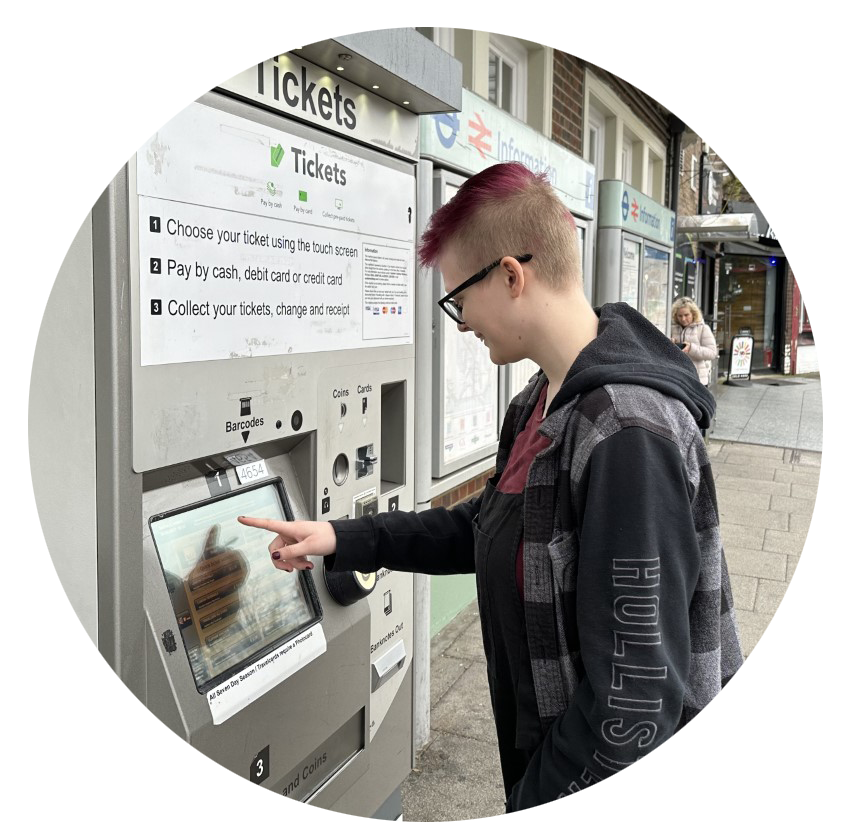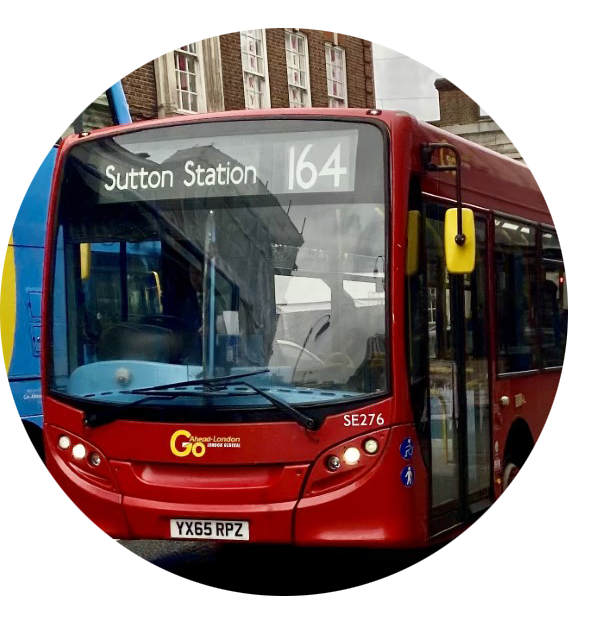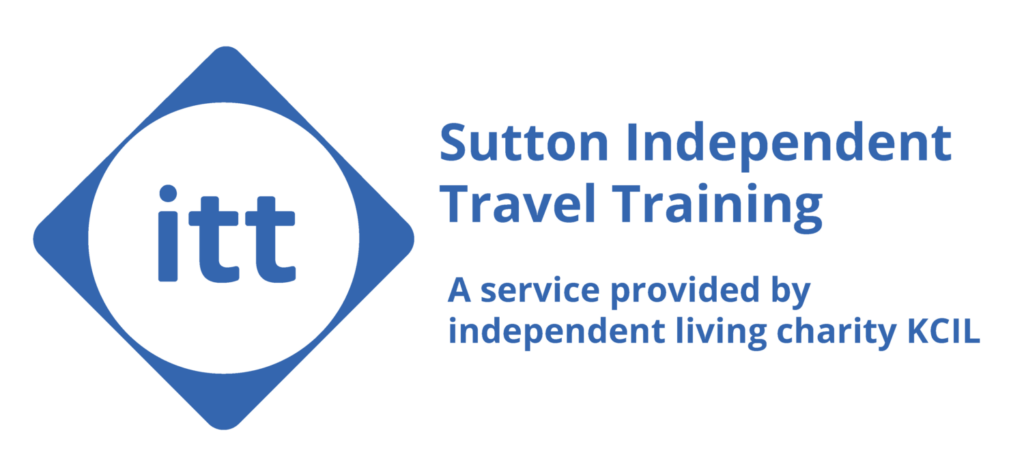The Independent Travel Training Programme
Initial Assessment
The assessment is in two parts. The Independent Travel Trainer first meets with the young person and their parent/carer to assess the young person’s current travel skills. For the second part of the assessment the trainer will meet with the young person for a short walk or journey to evaluate the young person’s skills and level of confidence and to carry out a risk assessment.
Agreement/Consent
Once identified as suitable and accepted into the programme, an agreement form is completed, and consent is given from the young person and parents/carers. The Travel Trainer will then design a bespoke programme specific to the young person’s needs.
Journey Planning
The travel trainer plans the journey before the first training session with the young person. The trainer will plan the route, assess the journey’s length, note fares, timetables and accessibility, and identify potential hazards.
Risk Assessment
The travel trainer will conduct a risk assessment, considering potential route changes to the journey and the young person’s specific needs.
Support and Observe
The travel trainer travels with the young person to and from their destination, teaching safe travel techniques, how to use Travel Apps, timetables, money, and payment methods, including Oyster cards and contactless payment. The travel trainer will practice solving unexpected problems that may occur during the journey, with the young person.
The young person will learn about the Hidden Disability lanyard; they will be offered a lanyard if they wish to use one.

Observe and Shadow
The travel trainer observes from a distance part of the journey, building up the time the young person is shadowed before the travel trainer joins them for the rest of the journey.
Shadow and Assess
The travel trainer observes the young person taking the entire journey independently at least twice before they can be signed off as having completed the programme for the route they have been assessed on.
On completion of the independent travel training programme, the young person will receive a certificate, even if they have yet to fully achieve travel independence. Young people who have yet to pass the initial training course will be encouraged to complete a second course to achieve independence. They will have learnt important life skills which are to be celebrated.
After the Training has been Completed
The Independent Travel Team will carry out a minimum of two post-training observations and have regular contact with families to ensure that the young person continues to benefit from the training they received.

Safety
During the training, it is essential to keep the young person safe. The programme includes learning about Stranger Danger, Safe Strangers and personal safety, such as crossing the road safely. The use of mobile phones is encouraged when travelling independently, and the benefits of travelling with friends.
The Travel Trainers
All training will be personalised and bespoke to the young person going through the Independent Travel Training programme. The travel trainer will be suitably experienced and qualified, with at least two years of experience working with SEND children and young people. The travel trainer will be qualified to deliver Independent Travel Training and will have enhanced DBS clearance.

